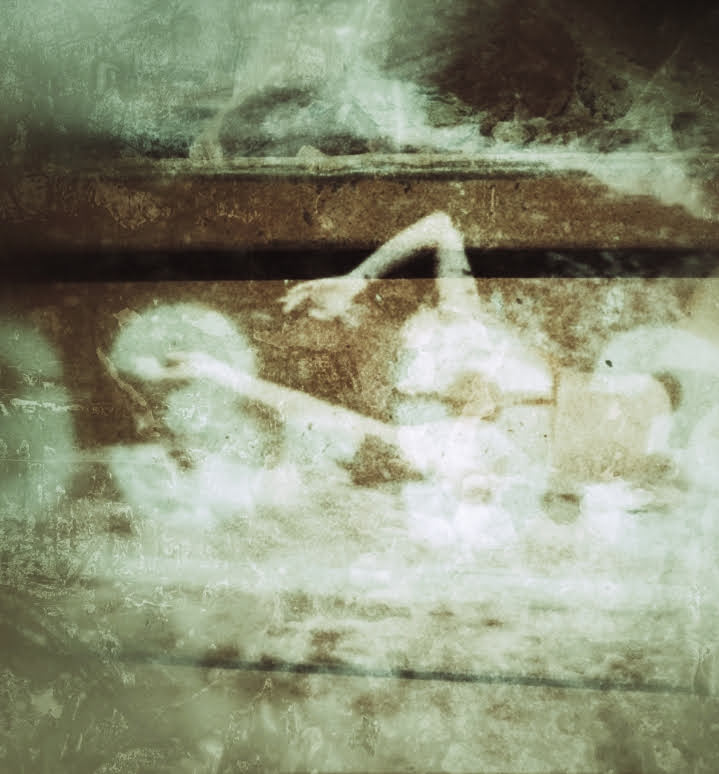Eliane lê Clarissa
a mulher selvagem no país colonizado
Abstract
In Metade cara, metade máscara, Eliane Potiguara comments on the influence of Clarissa Pinkola Estés' book Women who run with the wolves on her life and her writing. In the poem "Pele de foca", Eliane explicitly revisits at least three narratives told by Clarissa: 1) "Seal skin, soul skin"; 2) "Little red shoes"; 3) and "The Skeleton Woman". A detailed analysis of the way Eliane revisits these narratives – which occupies the central part of this article – indicates approximations and divergences. Both writers depart from the oral tradition's narratives to think about situations experienced by women in contemporary times. Clarissa's book aims to make women in general get closer to the archetype of the "Wild Woman", as a way to solve or minimize problems in modern life. Eliane's book inserts the wild woman into the panorama of struggles against the effects of colonization, naming concrete oppressions experienced by women and indigenous people in the last five hundred years and aiming to develop strategies to overcome it.







